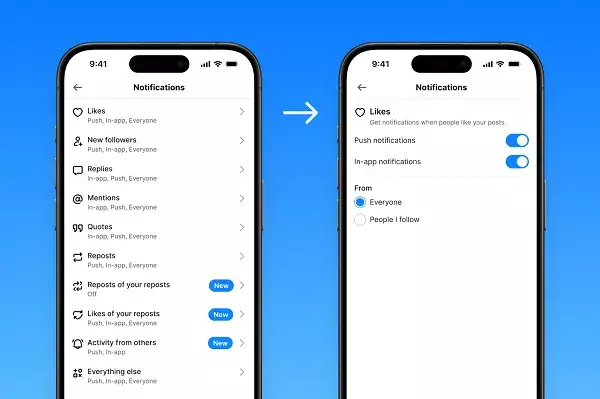In the rapidly evolving landscape of social media, emerging platforms constantly attempt to carve out their space amidst industry giants like Twitter (now X) and Meta’s Threads. Bluesky, with its promise of decentralization and user empowerment, stands at a pivotal crossroads. While it seeks to differentiate itself through increased user control, recent updates reveal that it is still playing a game of catch-up rather than leading innovation. The platform is layering new features reminiscent of Twitter’s core functionalities—such as customizable notifications—in a bid to appear more familiar and user-friendly. But can superficial mimicry alone carve a sustainable niche? The real challenge lies deeper: can Bluesky transcend the temptation of adopting shortcuts and focus instead on genuine value creation that resonates with users’ desires for both autonomy and convenience?
The Illusion of Control: Why People Say They Want It, but Few Actually Do
Decentralization has become the rallying cry for digital privacy advocates, promising a future where users are no longer passive consumers manipulated by opaque algorithms. Yet, the gap between desire and action in this realm is stark. By introducing granular notification controls, Bluesky is attempting to tap into this mentality—offering options to customize which accounts you follow, what activities trigger alerts, and how your feed reacts to reposts or likes. These features, seemingly empowering, subtly highlight a fundamental shortcoming: users claim they want more control, but the actual effort required to manage such intricacies often deters engagement.
This paradox is mirrored across the social media ecosystem. Platforms like Mastodon tout decentralization, but their user experience is marred by complexity. Conversely, services prioritizing simplicity—like Threads—capitalize on minimal friction, effortlessly gaining users. The truth is, in an environment where attention spans are fleeting and multitasking reigns supreme, most individuals opt for the path of least resistance. They prefer a seamless experience that doesn’t demand constant manual input, even if it means ceding some control.
Convenience Over Customization: Why It’s the Winning Formula
The enduring preference for convenience shapes how social platforms are adopted—and abandoned. Facebook’s persistence, despite its controversial data practices, illustrates that familiarity and ease of use trump ideological appeal for many users. The same applies to Mastodon and other decentralized options that offer a maze of server choices and complex onboarding processes. These barriers discourage mass adoption, leaving a niche audience rather than the mainstream.
Contrast this with Meta’s Threads, which emerged almost effortlessly by linking up with Instagram, allowing users to create accounts with a single tap. This frictionless entry point optimized for mobile multiplies adoption rates overnight. It exemplifies a key truth: people cherish convenience. They want to spend less time configuring settings or learning new interfaces and more time consuming content and engaging with others.
Bluesky’s recent updates—though steps toward feature parity—still rely heavily on replicating Twitter’s design, rather than innovating around the user experience. Until it offers a genuinely better, more effortless alternative that aligns with how users want to interact, it will struggle to attract the widespread attention it seeks.
The Future of Social Media: Balancing Control and Ease
The challenge for platforms like Bluesky is to strike a delicate balance—offering enough customization to appeal to niche users, without overwhelming the average consumer. True decentralization remains an appealing concept, but it must be packaged in a way that reduces the effort involved. After all, users are more likely to embrace features that feel intuitive and require minimal manual upkeep.
Furthermore, the industry’s trajectory suggests that users will continue to gravitate toward platforms that prioritize seamless experiences. While the idealistic notion of maximal user control is alluring, reality indicates that convenience will reign supreme. The platforms that succeed will be those that find innovative ways to embed control into automated, user-friendly interfaces rather than insisting users manually manage every setting.
Bluesky’s future hinges on whether it can evolve beyond being a Twitter clone or niche experimental space into a platform that truly offers the best of both worlds: a decentralized ethos paired with intuitive, hassle-free engagement. Until then, it remains an earnest but still nascent effort to challenge the dominance of convenience-driven giants.

